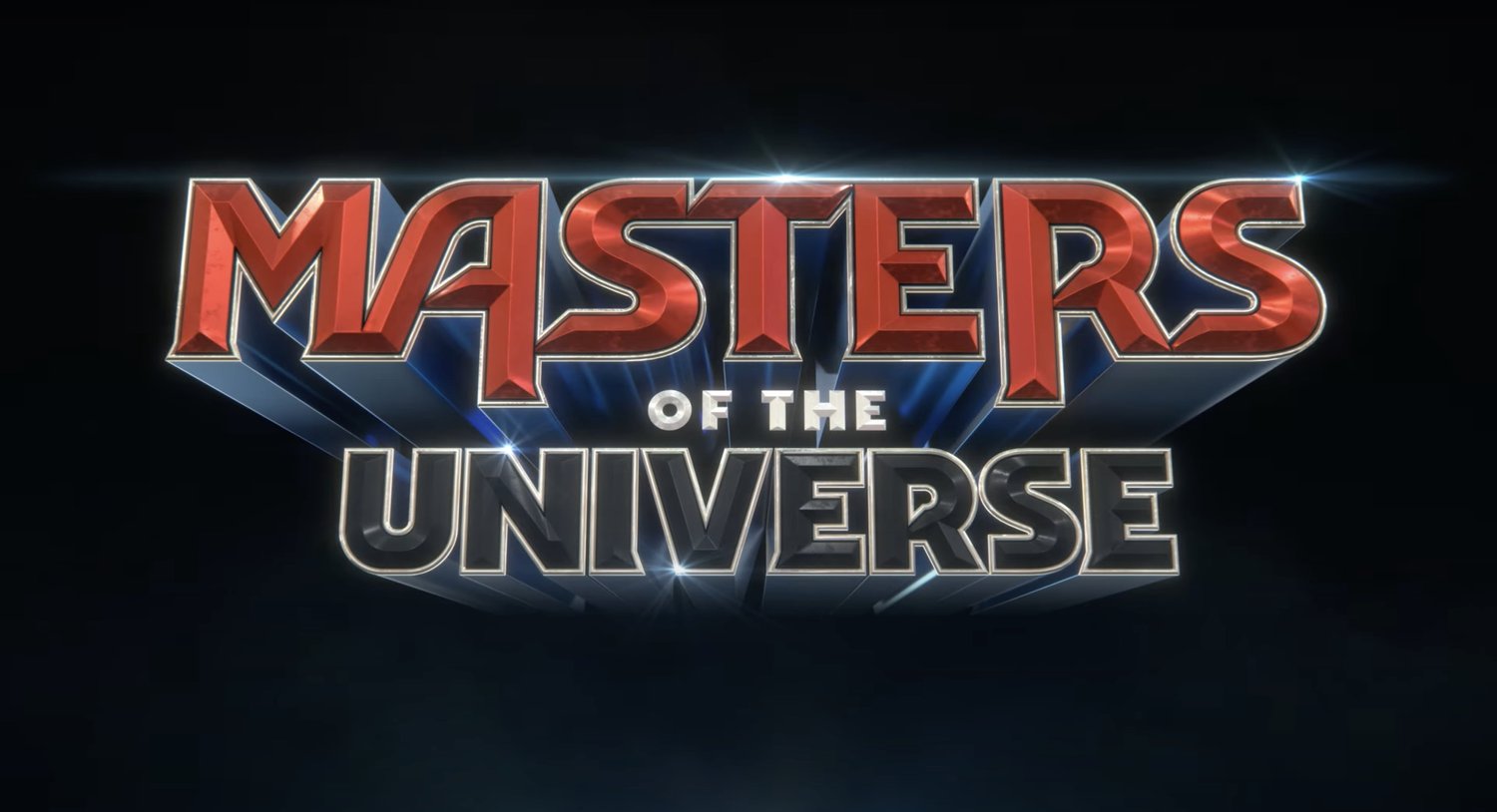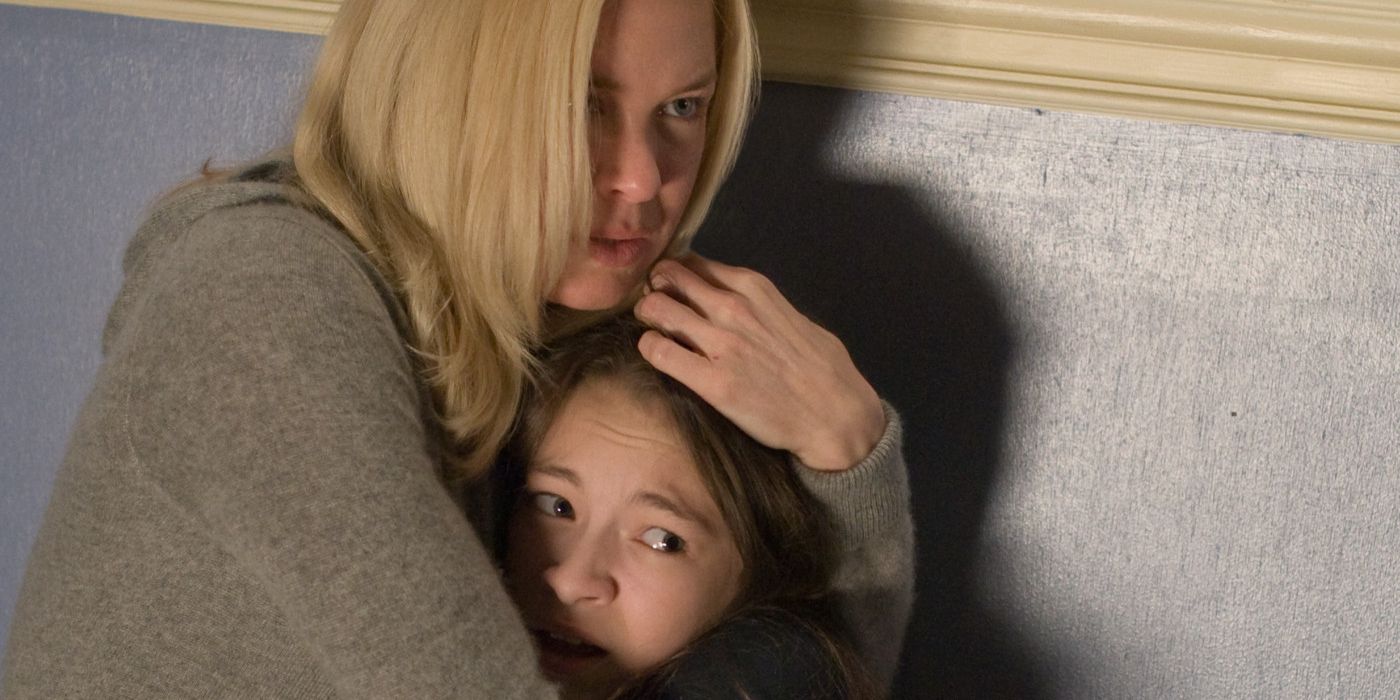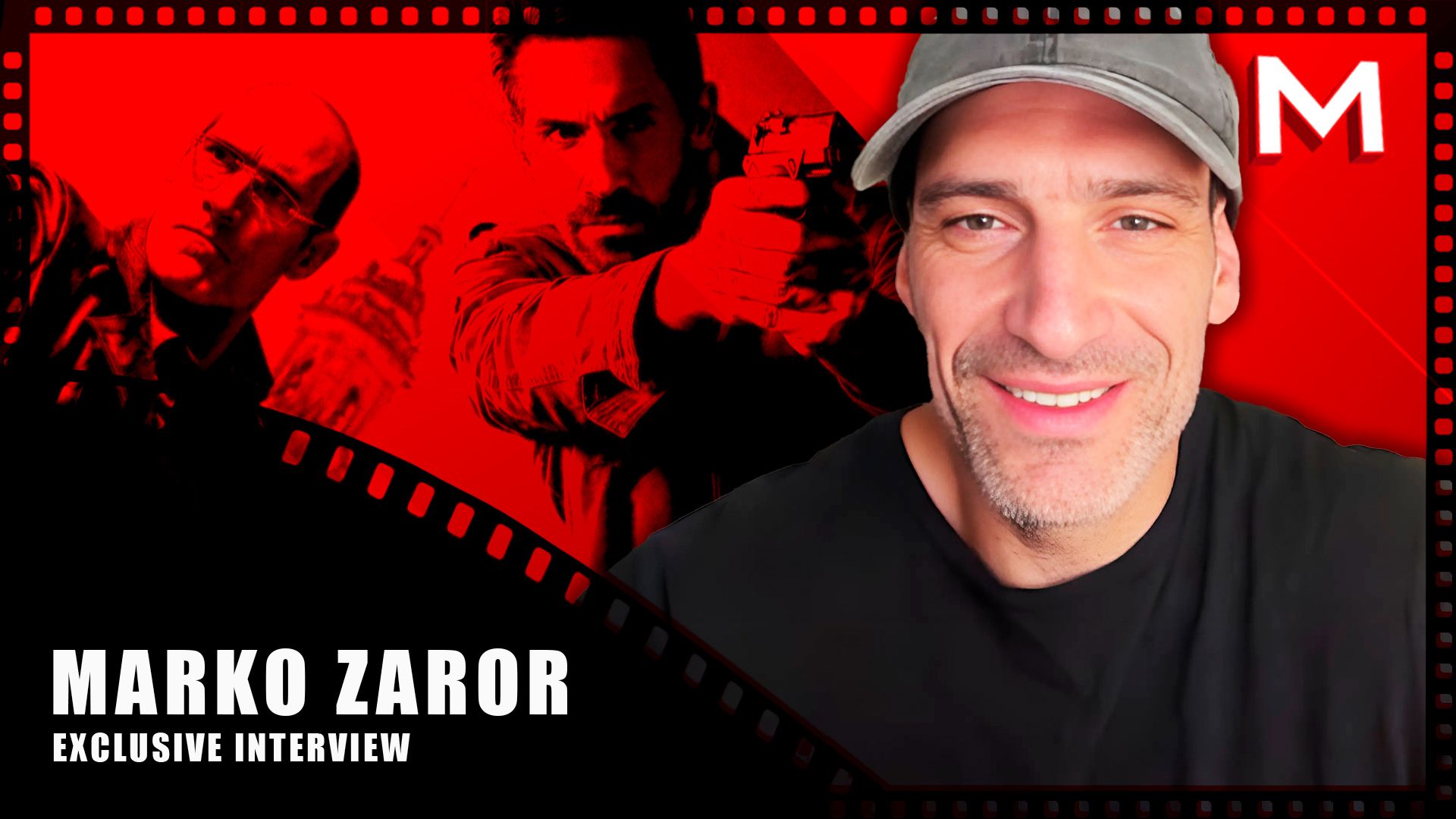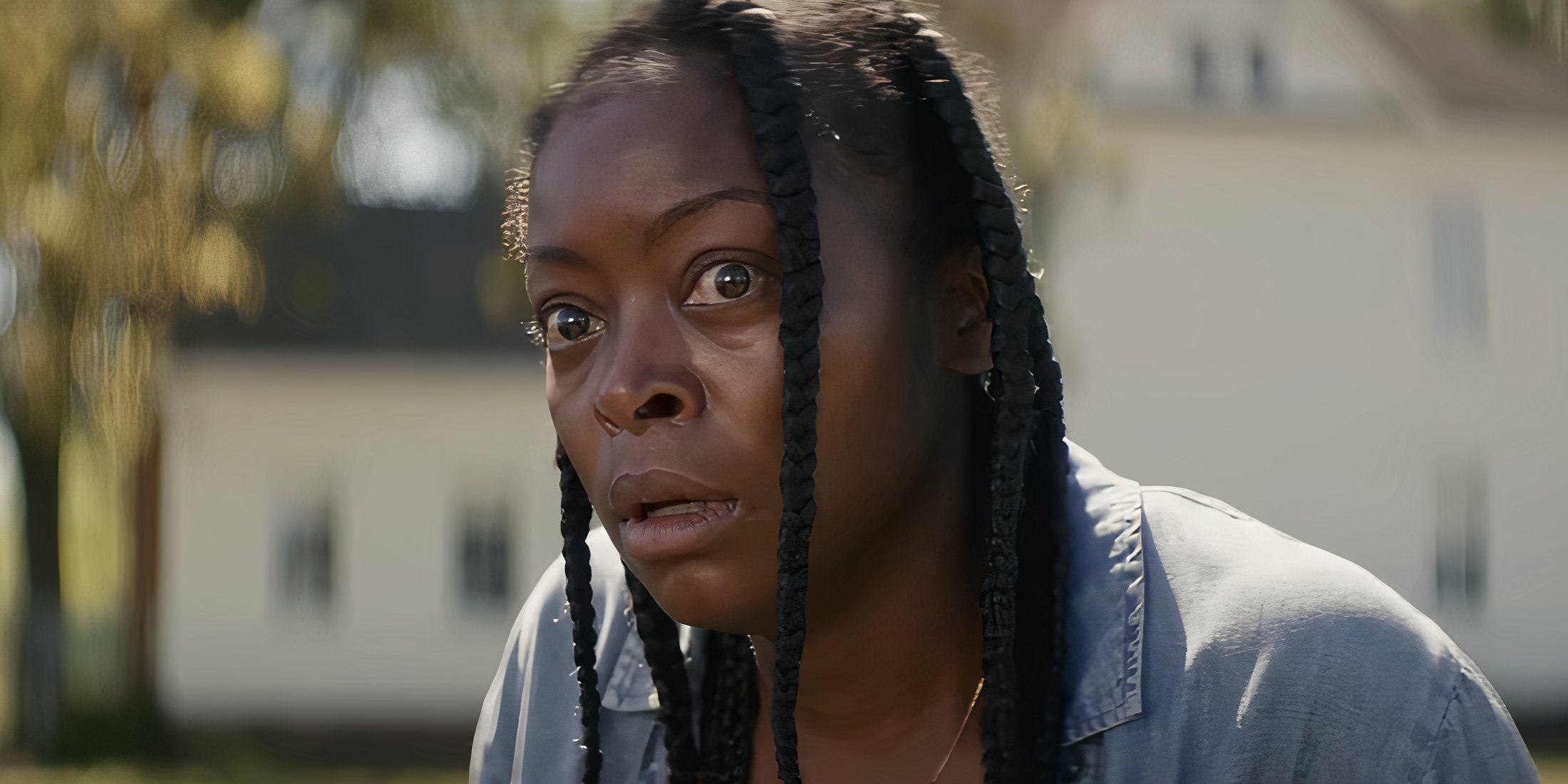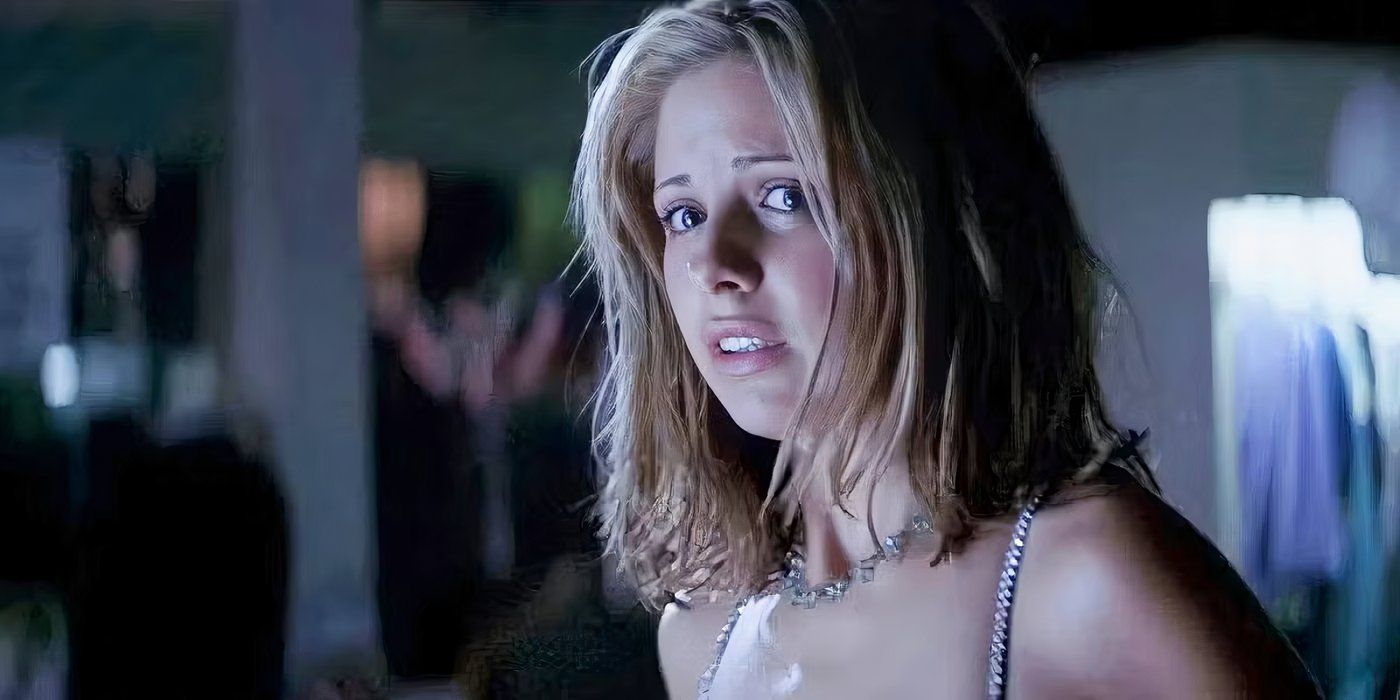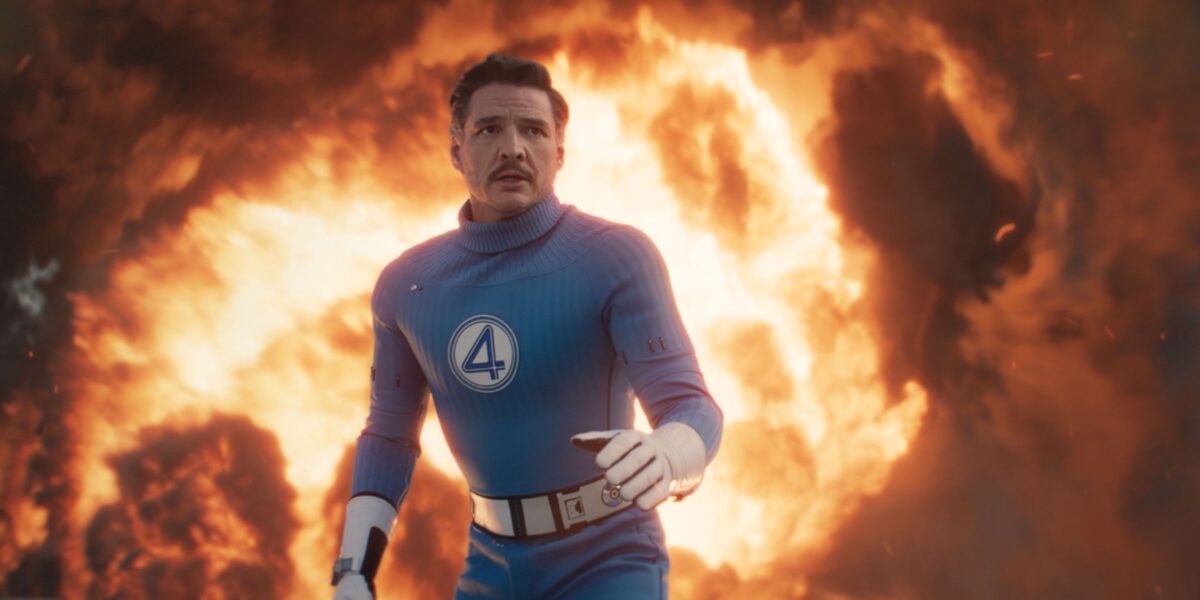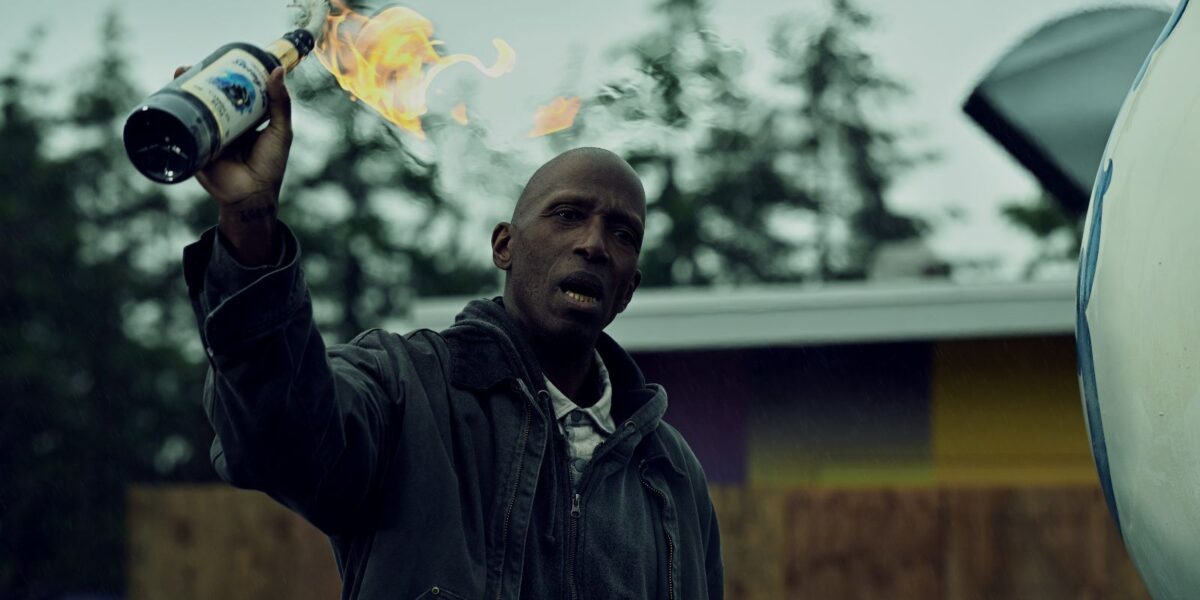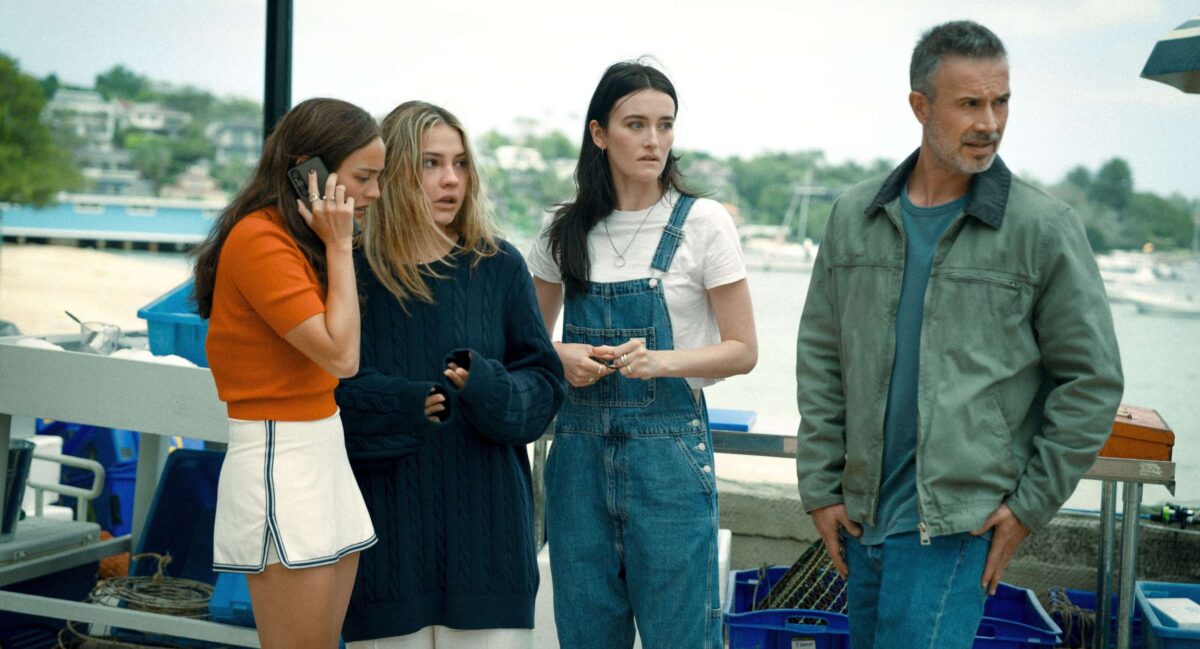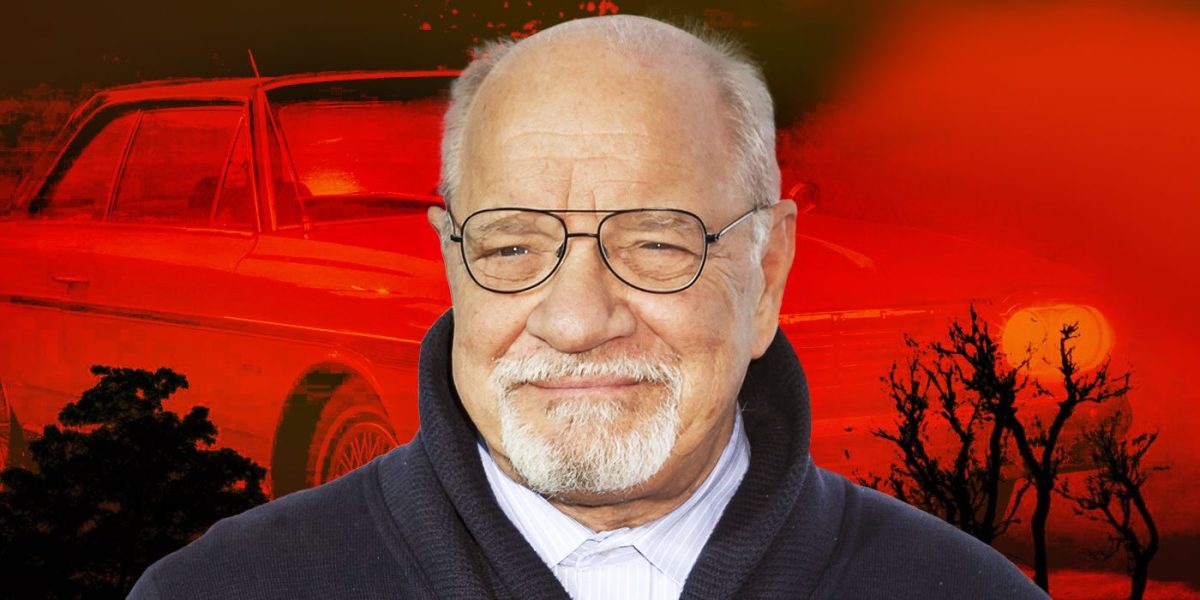
Paul Schrader Reflects on Old Hollywood at Cannes Film Festival 2024
May 25, 2024
The Big Picture
Schrader’s film “Oh, Canada” brings an American leftist’s cancer battle to life, aiming for closure, not redemption.
Hollywood’s transformation worries Schrader, reflecting on tight shooting schedules and creative control struggles.
Schrader’s upcoming script, “Non Compos Mentis,” faces setbacks with Jamie Dornan backing out due to intimate scenes.
Writer and director Paul Schrader’s latest, Oh, Canada, recently celebrated its world premiere at the 2024 Cannes Film Festival. Based on the novel by Russell Banks, the film stars Richard Gere (Chicago), Uma Thurman (Kill Bill: Vol. 1), and Jacob Elordi (Saltburn) in a contemplative drama about a man nearing the end of his life. After the screening, Schrader sat for a roundtable discussion about his stylistic approach to the film as director and his thoughts on the themes as a writer adapting a story from an old friend.
According to the official synopsis:
“Oh, Canada depicts the story of famed documentary filmmaker Leonard Fife, an American leftist who fled to Canada as a young man to avoid the Vietnam War draft. As Fife battles cancer in Montreal during his twilight years, he agrees to a final interview. Intent on revealing his long-guarded secrets and demystifying his mythologized life, Fife’s shocking confession unfolds amidst the presence of his wife, Emma (Uma Thurman), his devoted former student Malcolm MacLeod (Michael Imperioli), and a team of filmmakers capturing this profound moment.”
During the conversation, Schrader laments the state of Hollywood today, the concept of “woke” culture holding celebrities accountable, and the project that was taken from him — Dying of the Light, starring Nicolas Cage. He also talks about shooting Oh, Canada in 20 days, the themes of the film, and upcoming projects, like the “sexual obsession noir” Jamie Dornan (The Tourist) dropped from and the script he handed over to Elisabeth Moss (The Handmaid’s Tale) to direct. You can read the full roundtable interview below.
Oh Canada (2024) Leonard Fife, one of sixty thousand draft evaders and deserters who fled to Canada to avoid serving in Vietnam, shares all his secrets to de-mythologize his mythologized life.
Paul Schrader Hopes “Woke” Culture Will Go Away and Make Space for Spacey
Kevin Spacey was first accused of sexual assault in 2017.
Image via New Line Cinema
I would like to start off by saying I appreciate what you write on Facebook.
PAUL SCHRADER: It’s coming to an end. I posted a few weeks ago that when I hit 50,000 followers, I was to quit. I’m at 49,400. It’s taking over too much of my life.
I just wanna say that I would like to negotiate this to 100,000 so more people can experience your thoughts.
SCHRADER: Well, I’ll have to get a doppelgänger to do it then. Because more and more you go on Facebook, and all of a sudden, it’s two hours later, and you say, “What the fuck did I just do for two hours?” But it’s all because I began as a film critic, and that itch is kind of irrepressible. Every once in a while, I gotta scratch that film critic itch. Well, Facebook is the perfect place to scratch it. You can do all these little capsule reviews, and nobody really holds you accountable.
Nowadays, it’s very difficult to speak out. If it comes from the soul, it’s more difficult right now, nowadays, than in the past.
SCHRADER: Once I started making films, I knew I could no longer be a critic because actors are very sensitive people. If I say, “It was her best performance in 10 years,” she’s gonna say, “What do you think I’ve been doing the last 10 years?” She’s not gonna take it as a compliment, so you better just stay away from it. And so I had to stop writing media criticism. I still wrote scholarly stuff. But I was hoping that the woke thing is sort of crusty. There was an interview that I did in Variety, and I had just gotten an email from Kevin Spacey, and Kevin was saying, “Thank you for speaking out on my behalf,” and I showed it to the guy from Variety, and it ended up in the fucking headline. Literally, the headline. But after that, last weekend, three or four more people have come out and said, “He was acquitted. He’s a great actor. Why do we have to write him off?” But then, of course, Kevin will find a new way to get in trouble.
Related ‘House of Cards’ Was Actually Better After Kevin Spacey’s Exit Spacey’s exit from the show gave Robin Wright the opportunity to shine.
This is so different from recent films you’ve made, like The Card Counter.
SCHRADER: Well, it’s structurally very different. Those are what I call a monocular film where you look through one single eye, one character, and every scene the same character is in. Whereas a kind of stereophonic film is like a mosaic where you see different perspectives. So this was a mosaic, more like Mishima [A Life in Four Chapters]. The film was about the so-called guy in the room. I did that very, very intentionally because, after Master Gardener, when I showed the script of Master Gardener, somebody said to me, “Paul, it’s a trilogy.” I said, “No, it’s not a trilogy. This is my new script.” They said, “No, it’s a trilogy.” I said, “You’re fucking right. It’s a trilogy.” Critics like trilogies. They don’t like tetralogies. Three is a good stopping point. The next one has to be different.
At this Cannes Festival, we have you and Coppola, so the new Hollywood is alive and kicking.
SCHRADER: Well, we’re alive. I didn’t see Francis kicking much the other night. [Laughs] But George [Miller] is coming in a few days, and Cronenberg is getting on. It was a generation. We knew it at the time. Everybody knew it. I mean, the generation before us was coming out of live television — Frankenheimer, Sydney Pollack. We were coming out of film school. Francis went to UCLA, I went to UCLA, Marty went to NYU, Stephen went down to San Diego. We’re all film buffs, and all we really thought about was film. We didn’t really relate to theater and literature, we just related to film. We were also hustling. We were writing on spec, raising money, following the Cassavetes. John was the first one who really started saying, “You can make your own films. You can make them cheap enough. You can make them.” So Cassavetes was more the lone star for that generation. Goddard was the stylistic lone star, but Cassavetes was a financial lone star.
What do you think nowadays, with the platforms and the things of the industry, is the spirit of the new world?
SCHRADER: It’s certainly not a matter of talent. There are just as many talented filmmakers and actors as there ever were. I think it’s a matter of audiences. Your audiences are not quite the same. I use the analogy of the lobby and the hotel. Culture used to be like a big hotel, and everybody would come out of their rooms and meet in the lobby and talk about, “What’s happening? What movies have you seen? What books have you read?” Now, they just stay in their room. Very rarely do you get a film that’s part of the cultural conversation. Oppenheimer was, Barbie was, but mostly, it’s all segmented off just like other parts of culture — music, jazz — and that’s just cultural evolution.
‘Dying of the Light’ Was the First Time Paul Schrader Noticed a Shift
Image via Lionsgate
You’ve been involved in so many projects throughout your fantastic career. Which one, whether it be something you’ve directed or something you’ve worked on, changed the most in the editing room in ways you didn’t expect going in?
SCHRADER: Well, the one that was taken away from me. That changed a lot. I did a film with Nic Cage that was taken away from me and re-edited, and that’s how I ended up with that final cut. I was so furious. Nic was furious. And then another script came along, and I said, “Nic, let’s work together again, but you have to tell the financiers that you won’t do it unless I have final cut.” So Nic told them that, and they gave me the final cut and I had it. I have slipped away from your question.
I was curious because sometimes in the editing room things can dramatically change.
SCHRADER: That’s not me. I don’t even think it’s my generation. We can’t afford that anymore. There are no setups in Oh, Canada that are not in the final cut. You shoot it right to the bone. Plan it, rehearse it. When Richard and I began, we were making films in 45 days. Now, we’re making them in 20 days. You get more footage today in 20 days than you got in 45 back then. So, you don’t really have the luxury of reshooting, and also because you don’t have the financiers.
When I did this film that was taken away from me, it was the first time I dealt with these guys who are in the business of making money by making money. Those are the people who started financing movies. They weren’t movie lovers. All the people who ran the studios used to love movies. They used to go to movies. This new crowd didn’t. I remember on the Nic Cage film, I was not happy with the film. I wanted to reshoot the ending, and the producer said to me, “You gave us a film of 100 minutes of length, you gave us five action scenes with Nic Cage. We will get our 17% back. Why should we spend any more?” Now, that’s not the old studio. In the old studios, you could still go to somebody like Barry Diller and say, “We could really make this film better if we had two or three more days.” Now, they said, “We don’t need to make it better. We’re gonna make money.”
I have read an interview where someone said that it is very difficult when you pitch a project because there is a lack of imagination on the other side. The producer, or something like that. How is it for you? Do you think that it is worse, or do you have another perception?
SCHRADER: Well, I don’t pitch anymore. You used to pitch because you could make a deal. You’d go into somebody’s office and say, “I have an idea,” and you’d tell them the story in 45 minutes. “Oh, that sounds great.” You’d make a deal. They don’t make those deals anymore, so that’s why that pitch isn’t working. They don’t know how to make that deal anyway. So I learned at a certain point that I could write a script faster than it would take me to pitch and make a deal. I could spend eight weeks pitching and making a deal — I spent four weeks writing the damn thing. So, why not just write it?
That whole era of pitches, which came out of Hollywood anxiety in the late ‘60s, is gone now. I can tell you, I remember the moment it went away. Barry Diller was at Paramount. He brought Frank Mancuso over, who was head of market research, and he put Frank’s office right in front of his. So, in order to get to Barry’s office, you had to go through Frank’s office. Frank was market research. It was Barry’s way of saying, “We don’t need you to tell us what’s gonna make money anymore. We know. Five years ago, we didn’t know. We were willing to hear your pitch. Now, we know.”
What Is ‘Oh, Canada’ About?
I’d like to know something specific about this movie. You have scenes in colors and in black and white. What was the concept for choosing which ones?
SCHRADER: If you have a mosaic pattern, you try to make it easier for the viewers. So, with Mishima, there was cinéma vérité, there was black and white, and there was theatrical. So, three different film styles so people would know where they are. Here, I have two timelines: one the interview and the other the trip from Virginia to Canada, and then I had random memories. The last day was a deep, saturated color, Virginia to Canada was blown out color, widescreen, the random memories are black and white, and then the Cornell section, where all of a sudden the sun shows up, that was done in Ingmar Bergman red-orange. It wasn’t trying to make any other statement other than I’m trying to help you understand where you are in this story.
Was it important for you that this character was a filmmaker, even if he is a documentary filmmaker? And did you meet in your life someone close to this character or does this character have something that is also from you?
SCHRADER: I must say probably more than that. I didn’t come up with the idea of a documentary filmmaker. I would never. It doesn’t interest me. I would never be interested in making a movie about movies. I don’t think audiences are interested in watching movies about movies. But Russell made a choice to make this artist, instead of a novelist like he is, a documentary filmmaker, and so I just abided by that. The documentary filmmakers that are mentioned in passing in the film — Frederick Wiseman…Ken Burns — that was that sort of generation. But it’s not really a film about that. It’s more just a film about an artist who actually sort of becomes a filmmaker, who wanted to be a novelist and he ends up being a documentary filmmaker. As he said, it was a fluke.
I shared one email from Russell because he was alive while I was writing the script, and he wrote to me and he said, “I hope to work again. But if I do write again, I can guarantee you, I will never write another novel about an artist dying of cancer who seeks redemption,” because he had become his own character. And I said, “It’s one thing to write about it. It’s another thing that lives through it.”
Do you think this film is about redemption?
SCHRADER: Russell said that about redemption. I don’t think he’s thinking of redemption so much as closure. It’s just a question. Some people at the end of their lives, particularly people who feel they have lived a lie, just say, “Okay, I wanna close that door.” But then Gere said to me yesterday his father, who died at 101 or 100, his father had dementia too and lived with him, and he said, “Occasionally, my father, it’d come to a point where you realized he wanted to confess something but he never quite did. You could see the impulse in him, but something held him back.” So, it’s all a question of that impulse and how strong it is. And who knows whether he would have made this confession if he weren’t being roped into this interview, and all of a sudden there he is in front of his former students talking to the camera.
Why Jamie Dornan Dropped From This “Sexual Obsession Noir”
The script is currently titled ‘Non Compos Mentis’
Image via BBC
Are you currently working on any scripts?
SCHRADER: I have something I want to do to in the fall.
Is that something you’ve already written?
SCHRADER: Yeah, a noir, a sexual obsession noir. I’ve got two or three other scripts out there, one I opted to Elisabeth Moss. She wants to write and direct. I’ve got a Black one about three guys from the ghetto who are all trying to kill each other, three brothers. Antoine Fuqua was gonna do that, and then Antoine had to step away to do the Michael Jackson [movie], so we’re still trying to put that together. I just don’t feel I could. It’s not my playground. It’s not my yard.
The obsession noir that you were hoping to do in the fall, does it have a title?
SCHRADER: Non Compos Mentis.
Do you have the financing, or is it a work in progress?
SCHRADER: It’s rare for me we actually have the money before we have the actors. It’s plot-driven. It’s not a character piece. We had Jamie Dornan, and we were going to make it with him, and then he got cold feet or weak knees, whatever you get, and his manager essentially said, “Look, Jamie, it’s taken us four years to get those shades of gray off our back. Don’t start it up again. Keep your pants on.” And so Jamie said, “I really can’t do sex scenes yet.” I said, “Well, how do I make a film about sexual obsession without sex scenes?” Well, not with him.
I just learned that it’s going to be an R-rated movie.
SCHRADER: Well, it’ll be a lot of work for intimacy coordinators.
Is it easy for you to get the actors you want for the roles?
SCHRADER: Sometimes, sometimes not. The way I go about it if I’m interested in an actor is, I say three things: “I’ve written a role. You want to do it. It’s great for you. I will send you this script on three conditions — one, you read it right away, two, you give me an answer in two weeks, and three, you understand my financial parameters.” So, I called up De Niro when I wrote Oh, Canada and I said, “Bob, blah, blah, blah.” He said, “I’ll agree to the first two.” [Laughs] “I ain’t gonna agree to the third one.” So, I never sent him the script. That’s how I get actors. By the time I’ve sent them the script, they’ve already, in their mind, accepted the fact that, “If I like this, I’ve got to make it for a low fee and I’ve gotta make it this year,” and that makes it easier.
With the R-rated sexual obsession film you’re thinking about doing in the fall, typically your recent films have been 17-day shoots or 20-day shoots.
SCHRADER: Well, that’s normal. It’s not just me.
Sure. So with your new one, is that the same parameter? 17 or 20 days?
SCHRADER: If you’re talking about $6 to $8 million, it’s about 22 days. You only get into those longer shooting schedules when you start making [longer films], and I don’t like long films. I only ask two things of art anymore — one, that it be great, and two, that it be short. Other than that, I have no demands.
Stay tuned to Collider for more news from Cannes Film Festival 2024.
Publisher: Source link
The Fantastic Four: First Steps Review
The Fantastic Four: First Steps is the 37th theatrical release in Marvel Studios' billion-dollar franchise, the Marvel Cinematic Universe, and it's coming at a bit of a low point. Marvel has struggled in recent years to reach the heights of…
Jul 30, 2025
As Dave’s Dark Secrets Unravel, One Shocking Confrontation Will Have You on the Edge of Your Seat
Editor's note: The below recap contains spoilers for Smoke Episode 6. After two weeks of intense character work, Apple TV+'s crime drama Smoke has returned to the main investigation through arguably the most important episode thus far. "Manhood" sees Taron…
Jul 29, 2025
Dexter Crashes a Serial Killer Party, but Not Every Guest Survives the Night
Editor's note: The below recap contains spoilers for Dexter: Resurrection Episode 4. The first season of Dexter: Resurrection has been much better than anyone could have expected so far, with the series changing the setting by taking the action to…
Jul 29, 2025
I Know What You Did Last Summer Review: A Lifeless Revival
In the age of legacy sequels, where nostalgia-driven revivals attempt to cash in on the goodwill of yesteryear’s classics, I Know What You Did Last Summer (2025) arrives as the fourth installment in a once-iconic slasher franchise. Directed by Jennifer…
Jul 28, 2025
